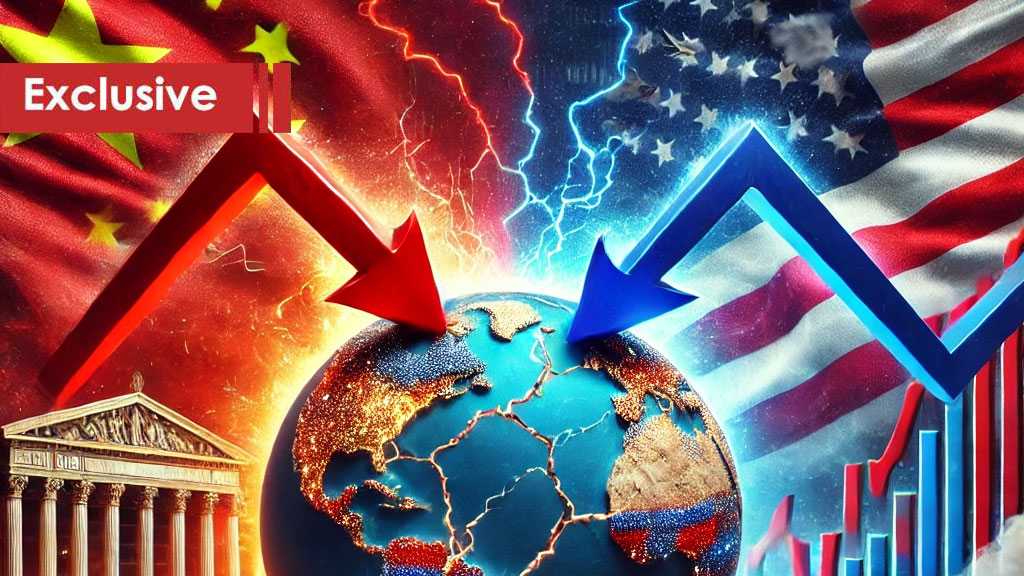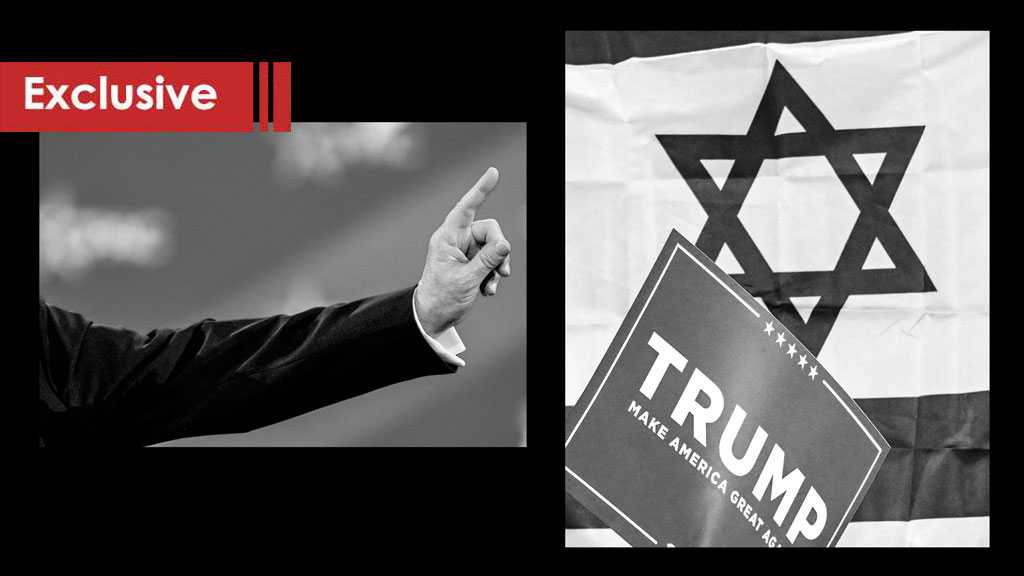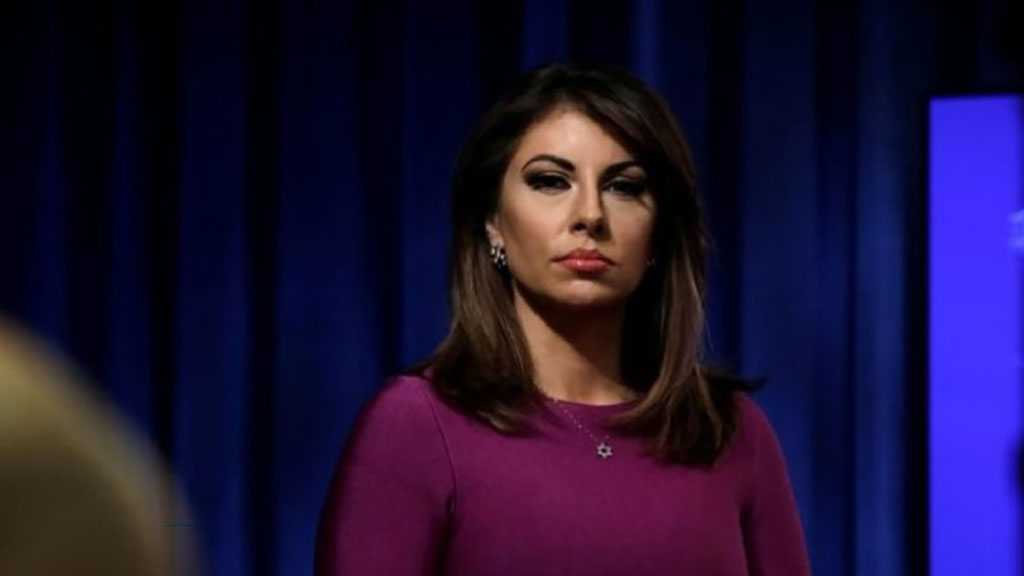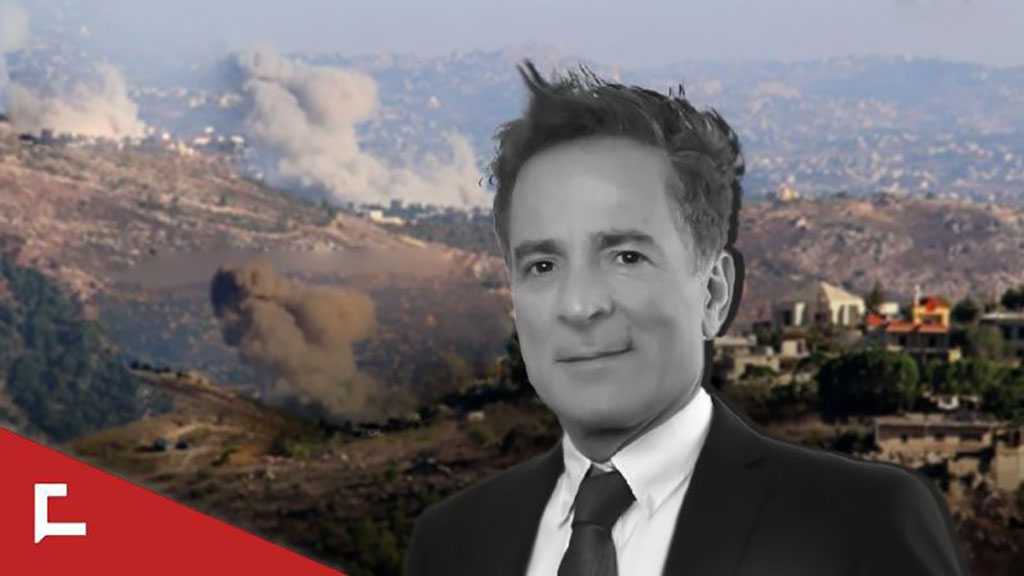Analyst: Breakthrough Important to All Sides, US Remains Hegemonic Power
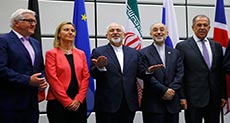
Nour Rida
It is not time for Iran and the US to waltz together yet, and it is not as if they will suddenly become best friends either, but rather a relation of "friend-foe combination" might be seeing light. It is also not time for the Iranians to pour into the streets and celebrate a landmark deal; the almost 100-page report that includes the clauses and articles of the deal will undergo further inspection, but it is time to celebrate the fact that Iran has made the entire world recognize its right to a peaceful nuclear program, to its sovereign right, and that cooperation and diplomacy can make miracles.
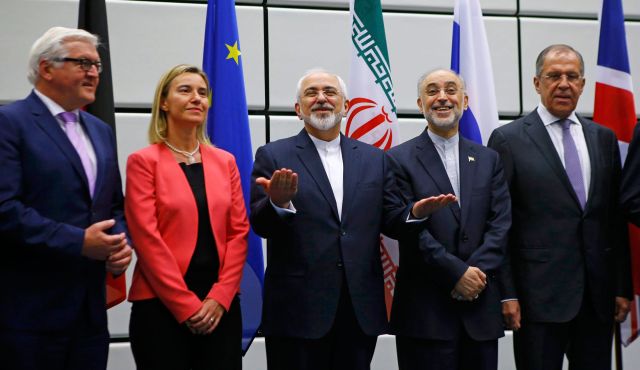
As the deal is announced there will be a period of time before it starts to be implemented. It is unclear if Iran will see tangible sanctions relief before Congress has weighed in and the UN Security Council resolution is passed. The agreement is expected to be a focal point of critics in Congress, which now has 60 days to approve or reject the deal.
Zarif described the agreement as a "win-win" solution, but not perfect. He said the deal would open new horizons for dealing with serious problems that affect our international community. He added: "I believe this is a historic moment. We are reaching an agreement that is not perfect for anybody but is what we could accomplish. Today could have been the end of hope, but now we are starting a new chapter of hope."
Mogharini said the agreements would "open the way to a new chapter in international relations" and show that diplomacy can overcome decades of tension. "This is a sign of hope for the entire world," she said.
For "Israel", it is a black Tuesday; the deal is a misery for "Israel", as the "Israeli" War Minister Moshe Ya'lon describes it. Now, the world wonders what changes the striking deal will bring to the Middle East, especially as Iran, within the framework of the deal, will be able to export arms to its allies in the region.
Asked about the breakthrough, political analyst and Lebanese University Dean of the Higher Institute of Doctorate of Humanities and Social Sciences, Talal Atrissi, said "Iran's situation will definitely see amelioration after the lifting of sanctions, and after its success in building its peaceful nuclear capabilities and having the world and international community acknowledge it as a just right."
But according to Dr. Atrissi, we cannot anticipate the repercussions of the deal in the Middle East.
There have been reports that the UNSC arms embargo will only be partially lifted - but that Iran can continue to supply defensive weapons to its regional allies in the fight against extremism. If that is correct, it suggests a pretty overt shift in the west's positions. And we are likely to see that play out in Syria and Iraq. But let's read the deal in its entirety first before jumping to any further conclusions.
On how much impact the deal will have on the Middle East, he told al-Ahed news "I think it is best to give things some time especially that players in the region such as Saudi Arabia or Turkey are majorly concerned in the regional developments. They need time to be convinced that Iran's situation has changed and there is an international consensus and acknowledgment on how important and influential Iran is in the region."
He also assured that fighting terrorism would be one of the major issues to see solutions owing to the deal, and assured that the US needed the deal with Iran more than anything else.
The analyst pointed out that "In the few coming months, the whereabouts of the deal will unravel and we will start to see the effect of the deal on ground, but that does not mean that Iran and the US have suddenly become best friends."
Recognizing the importance of the deal to all sides, whether Iran, the US and the West, or regional countries and particularly Persian Gulf countries as Iranian President Hassan Rouhani confirmed in his speech on Tuesday following the announcement of the deal, Dr. Atrissi assured that this does not deny the fact that the US will remain to be a hegemonic power that attempts to spread more supremacy in the region and the world.
"The Leader of the Islamic Revolution Imam Ali Khamenei assured on Monday that confrontation with US hegemony will not come to an end, and that relations between the two countries will not become warm and change in nature all of a sudden, but rather there will be diplomacy and cooperation after recognizing Iran's sovereign right in its peaceful nuclear program."
Iran, through its efforts in diplomacy, was able to portray how a ‘dialogue of civilizations' rather than ‘a clash of civilizations' is tangible, and set a new example in the world of international relations that might bring about a paradigm shift in the world without abandoning any of its principles or forgoing any red lines.
Source: Al-Ahed News

